Legacy Giving






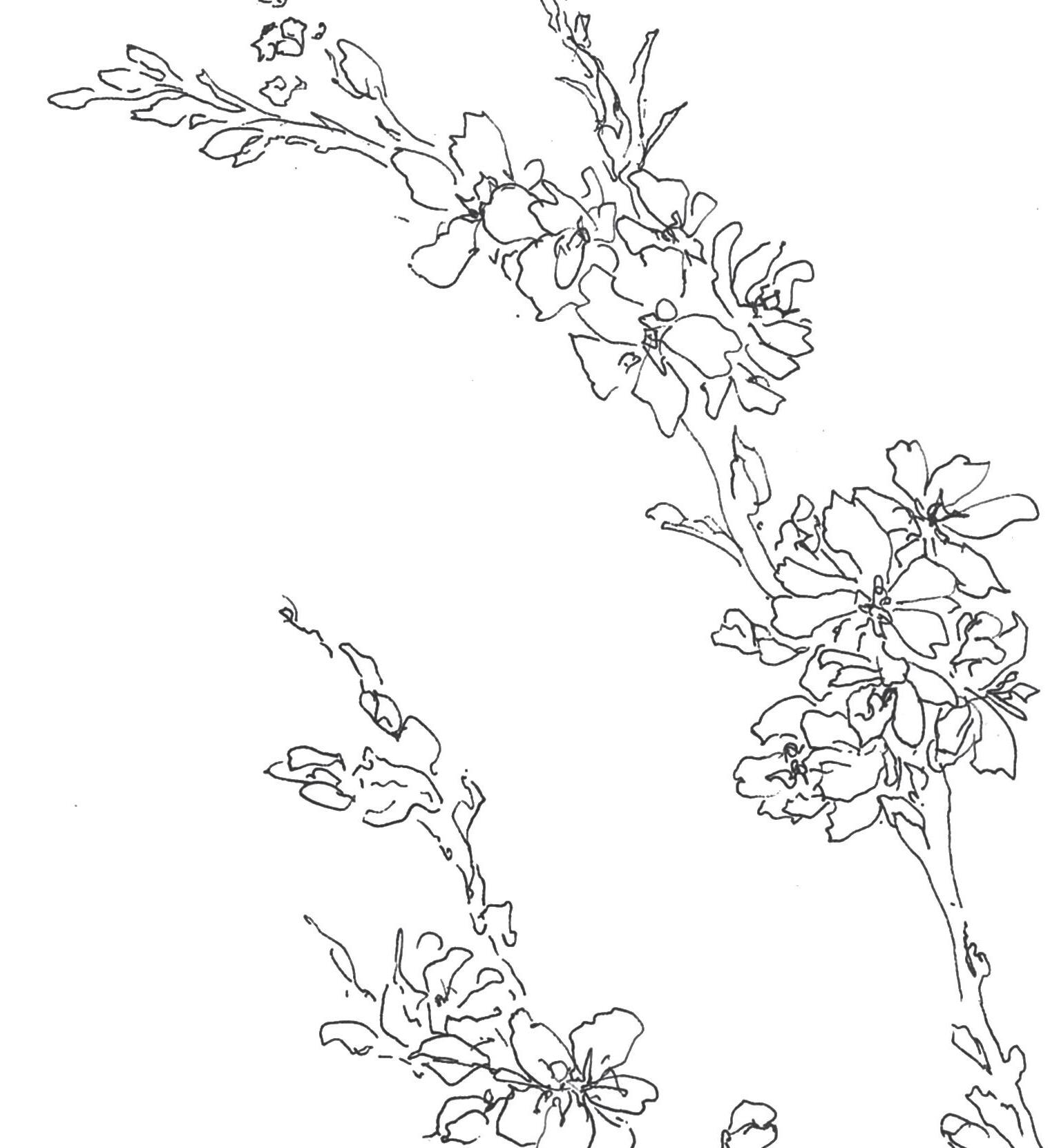
As a member of the Eliot Society, you are one of many committed supporters who have informed the college of their intention to name Reed as a beneficiary in their will or trust or who have made a planned gift to the college. This tradition of generosity reaches back to Reed's roots—the college itself was established through a bequest from the estates of Simeon and Amanda Reed in 1908.
The Eliot Society is a group named for Thomas Lamb Eliot, who first suggested to Simeon and Amanda Reed that they use their financial resources to found an institution of learning in Portland. Eliot chaired the five-member board of trustees that organized Reed College and set it on course to become the preeminent liberal arts and sciences college it is today.
By naming Reed as a beneficiary of your estate plan or by establishing a life income gift, you make a commitment to the college that reflects your aspirations for Reed’s future, just as Simeon and Amanda Reed did when they made plans for the college in their will.
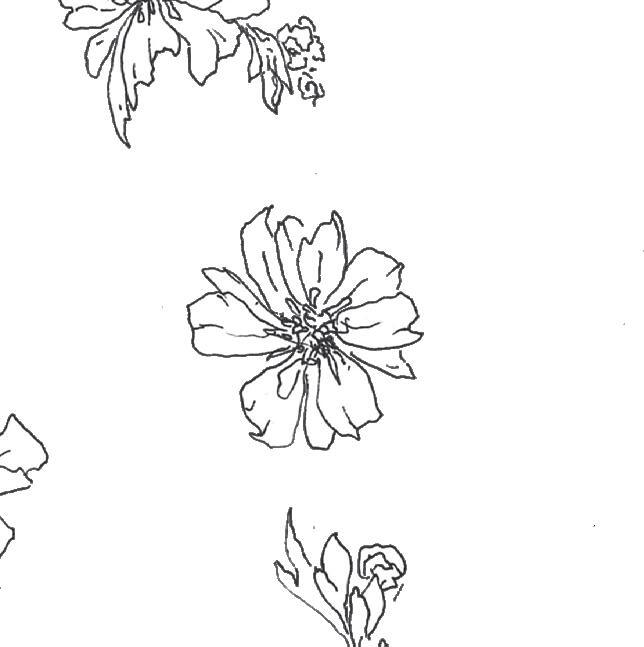
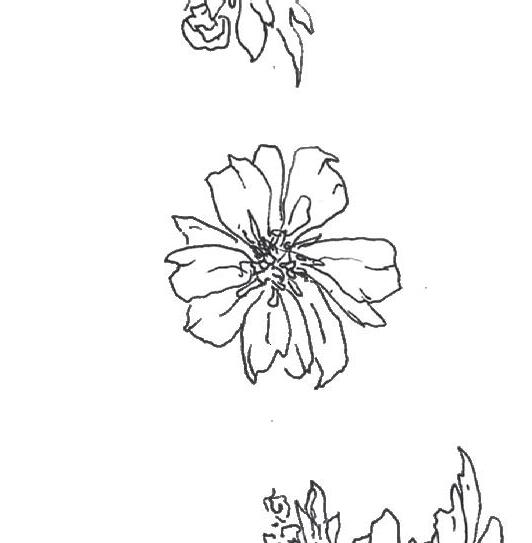

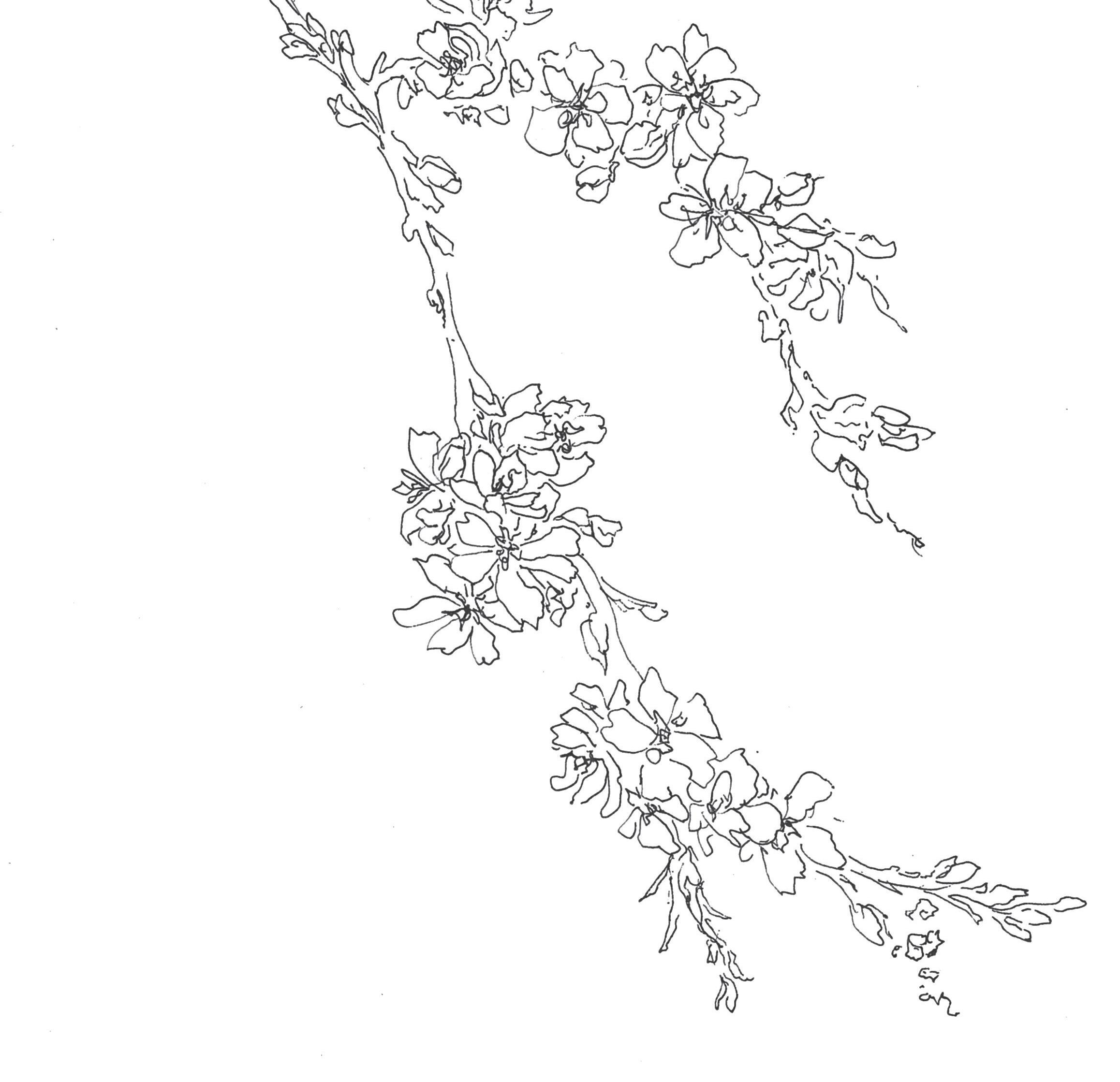
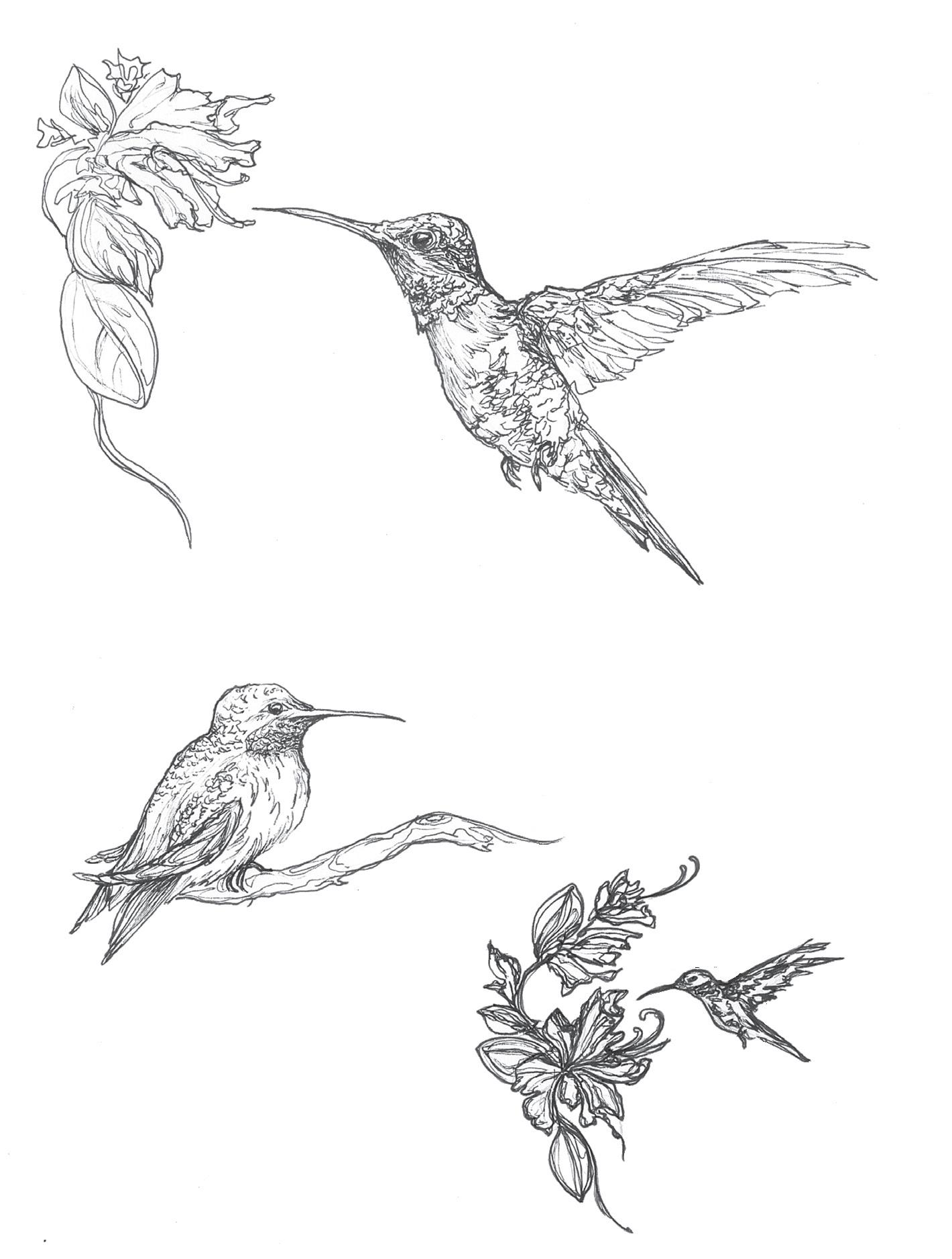
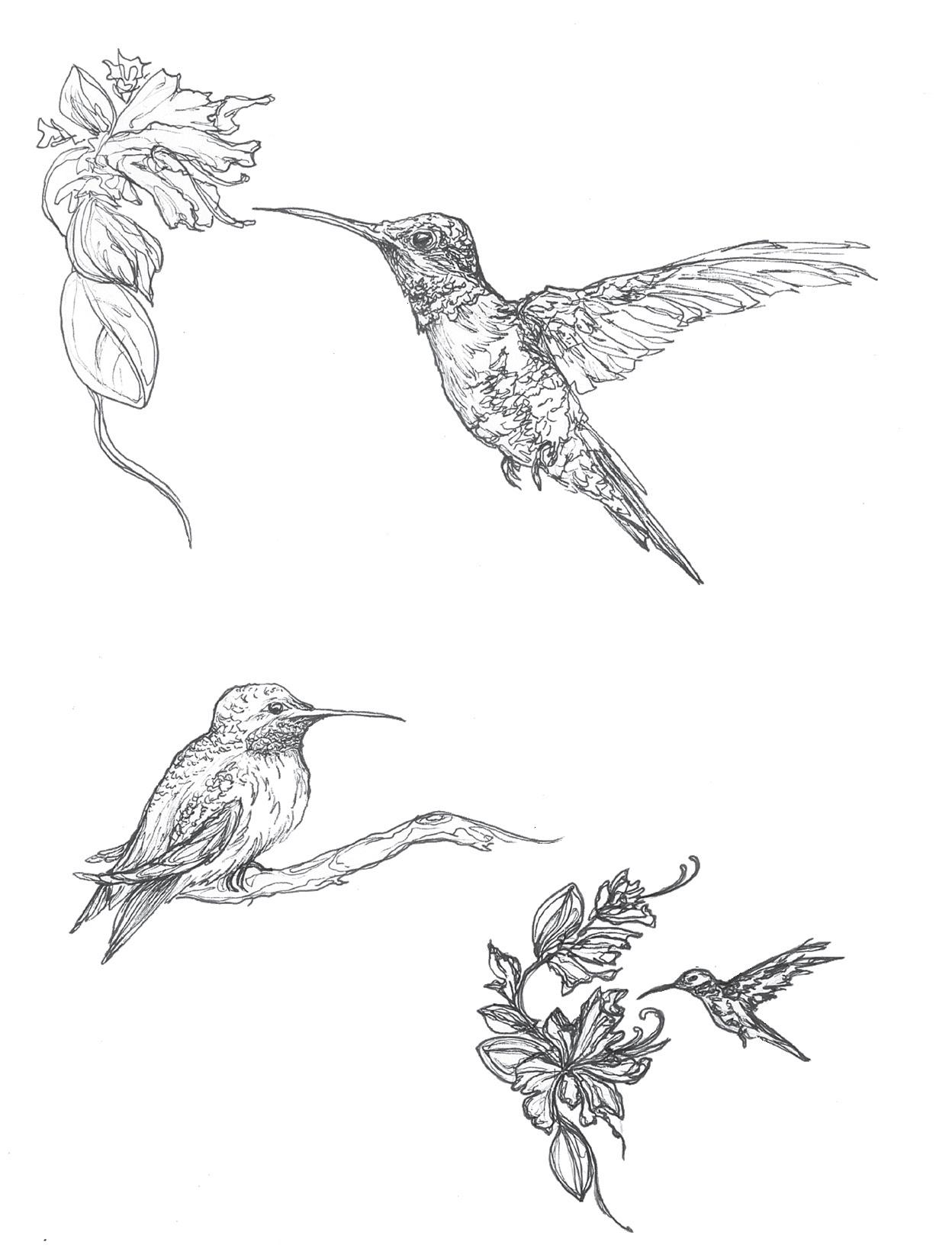

Your


Eliot Society gift preserves the distinctive character of Reed’s community of scholars.


Recently, on a weather-filled spring day, alumni, students, faculty, and staff came together to honor members of the Eliot Society by tying weathergrams yon. These weathergrams bore the names of all those, past and present, who set down their intentions to support Reed through their estate. We didn’t order the rain, but it nurtured the trees around us and set the mood for reflection.
Estate gifts to the college impact nearly every aspect of the institution. the fact that Reed College itself was established by a bequest, estate gifts have contributed to the restoration of the canyon. They have funded dormitories and administrative and academic buildings (like the library renovation completed last year and the gym replacement heading toward completion this summer). Estate donors have made meaningful contributions to the endowment and established many named professorships, scholarships, fellowships, summer internships, and so much more.
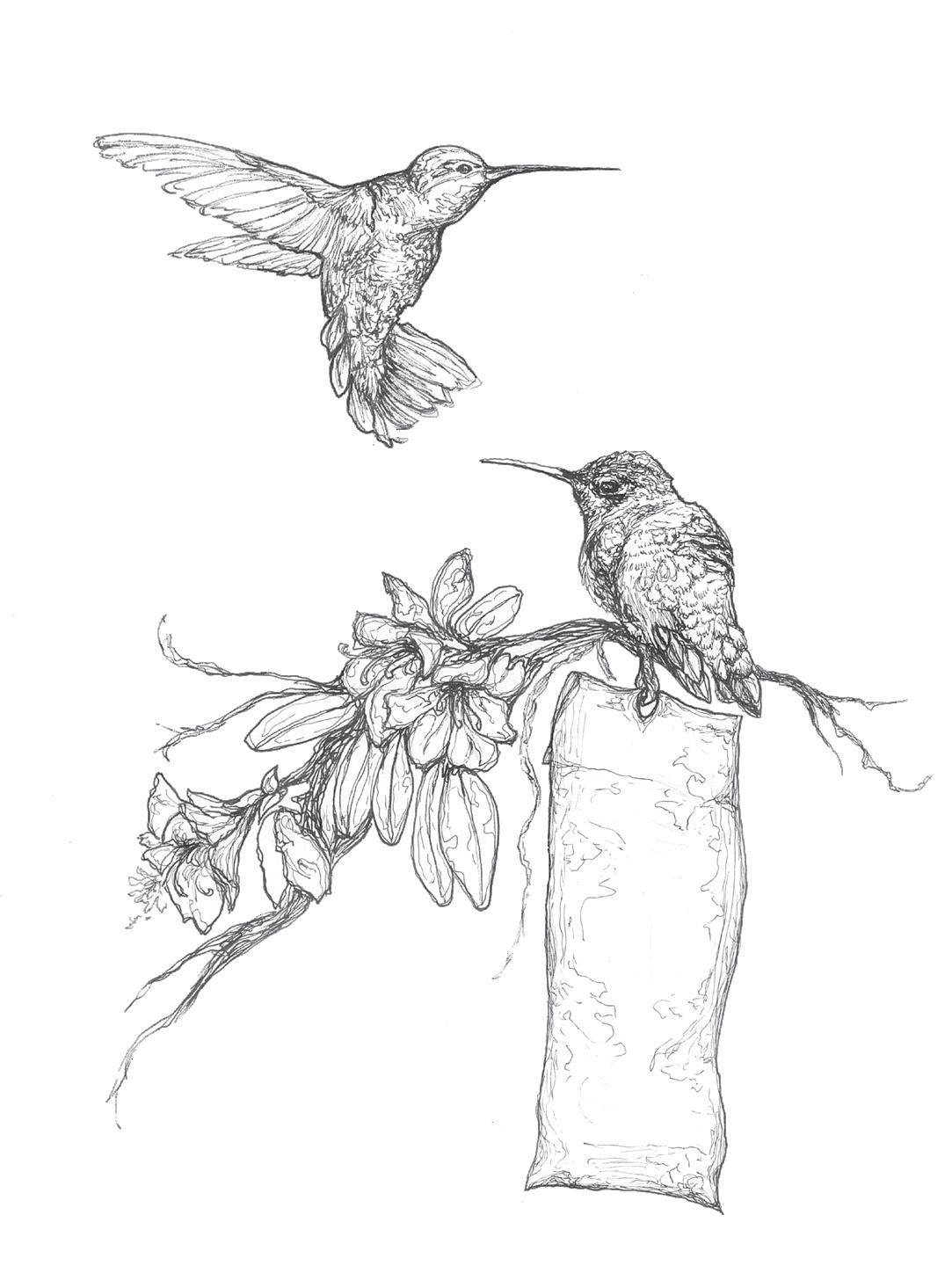
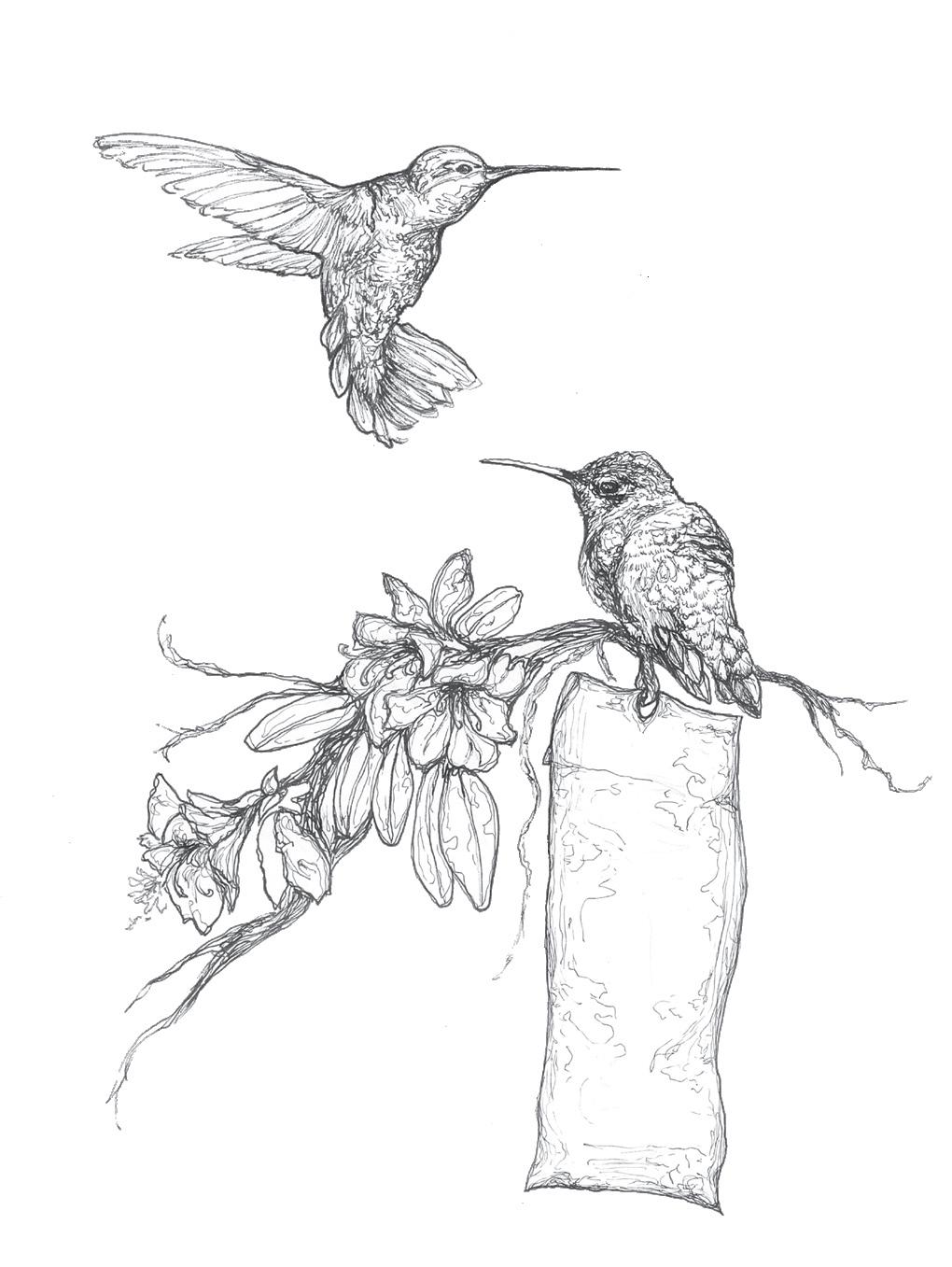
impact of the people who chose to care for
The intention for that rain-filled day was that by coming together in the act of tying each estate donor’s name on this bridge, we could collectively acknowledge their contributions and draw inspiration from those who give of their life’s work to enable ours.
We hope that as you read these pages, you will be reminded of all the ways that estate gifts have an impact on this community of scholars and reflect on the kindness and generosity of those who believe that a Reed education matters—and that Reed matters.

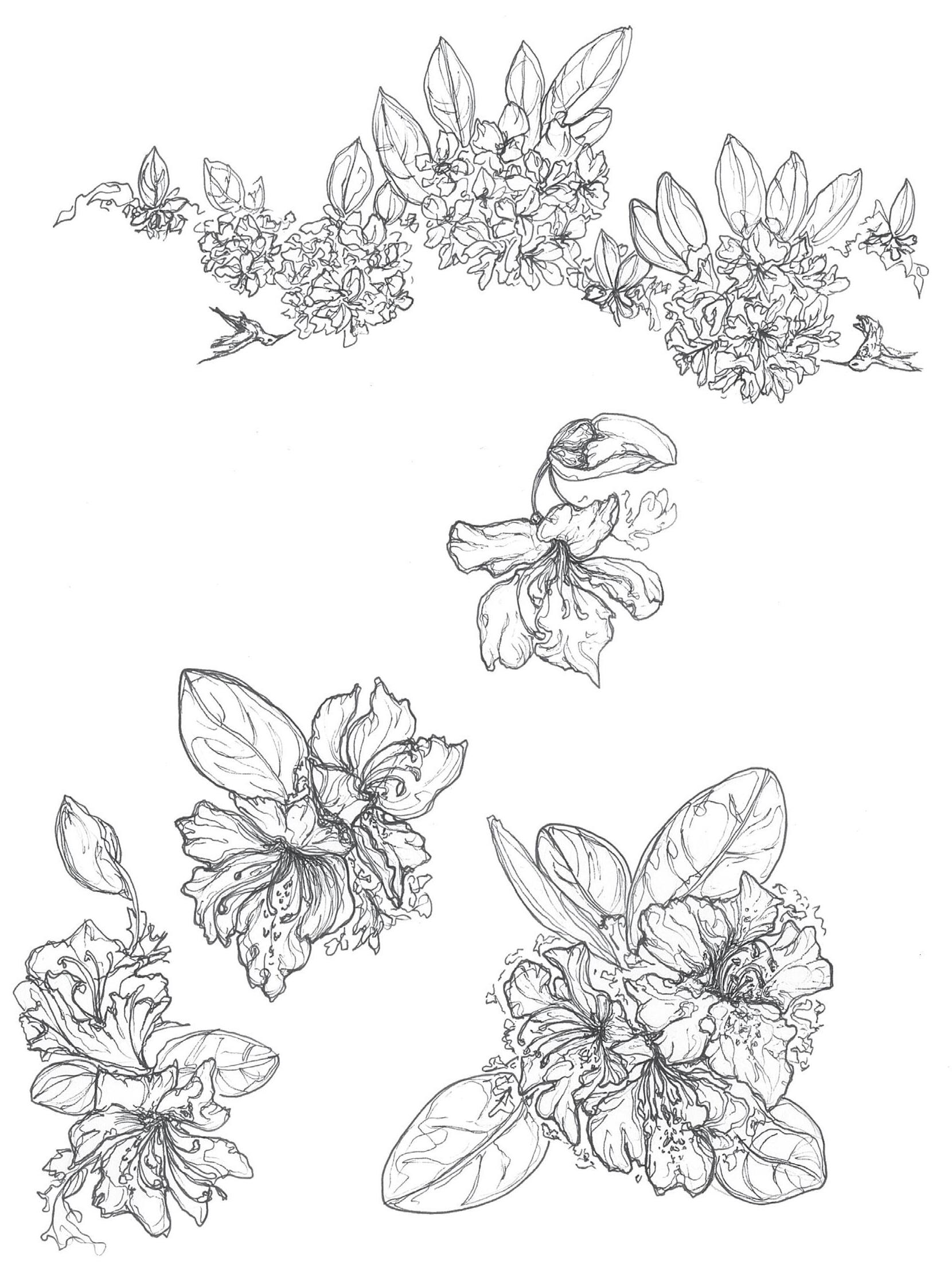
KATHY SAITAS Advancement Counsel and Senior Director of Gift Planning
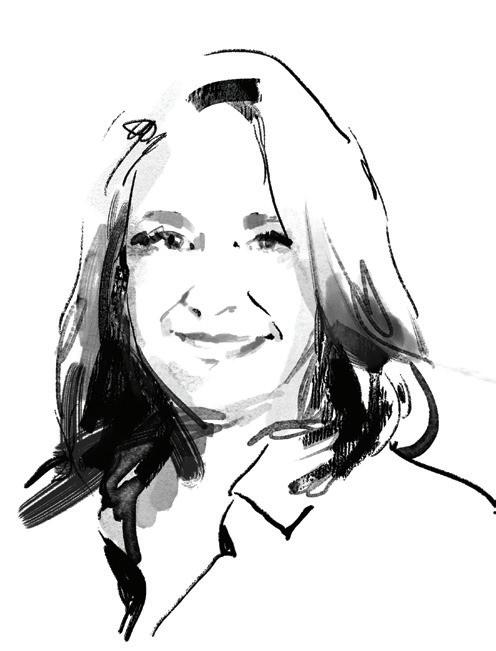

Everywhere you look on campus, you see signs of support from Reedies who wanted to strengthen and perpetuate an institution that they cared about—and chose to actively care for—by making a gift to Reed in their estate plan.
These gifts infuse every aspect of campus life, making an impact on the people who inhabit the roles of mentor and student and the infrastructure that supports learning and growth. The pages that follow illustrate just a few examples.
IN THE PURSUIT of excellence in teaching, preparation and imagination are fundamental. Professors must select challenging course readings, devise an adaptable plan to guide classroom discussion, forge a sense of community, and prepare themselves to take risks. But it’s not enough for students just to show up— their preparation, commitment, and engagement are equally vital. When professors inspire students to share the responsibility for class together, we experience that Reed moment—communal ownership of learning. The hard work of education becomes the joy of discovery.
Estate gifts enable Reed to recruit professors who are fully committed to the craft of undergraduate teaching and support them in creating a transformative educational experience.
DEAN OF THE FACULTY – Kathy Oleson


KELLY CHACÓN | ARTHUR F. SCOTT ASSOCIATE PROFESSOR OF CHEMISTRY
Being a part of the Reed community as an educator and scientist, there is never a dull moment. I always finish the day feeling as if I made a positive impact on our campus. Being able to teach brilliant students who are as motivated to learn as I am makes me feel as if I have the best job in the world.”
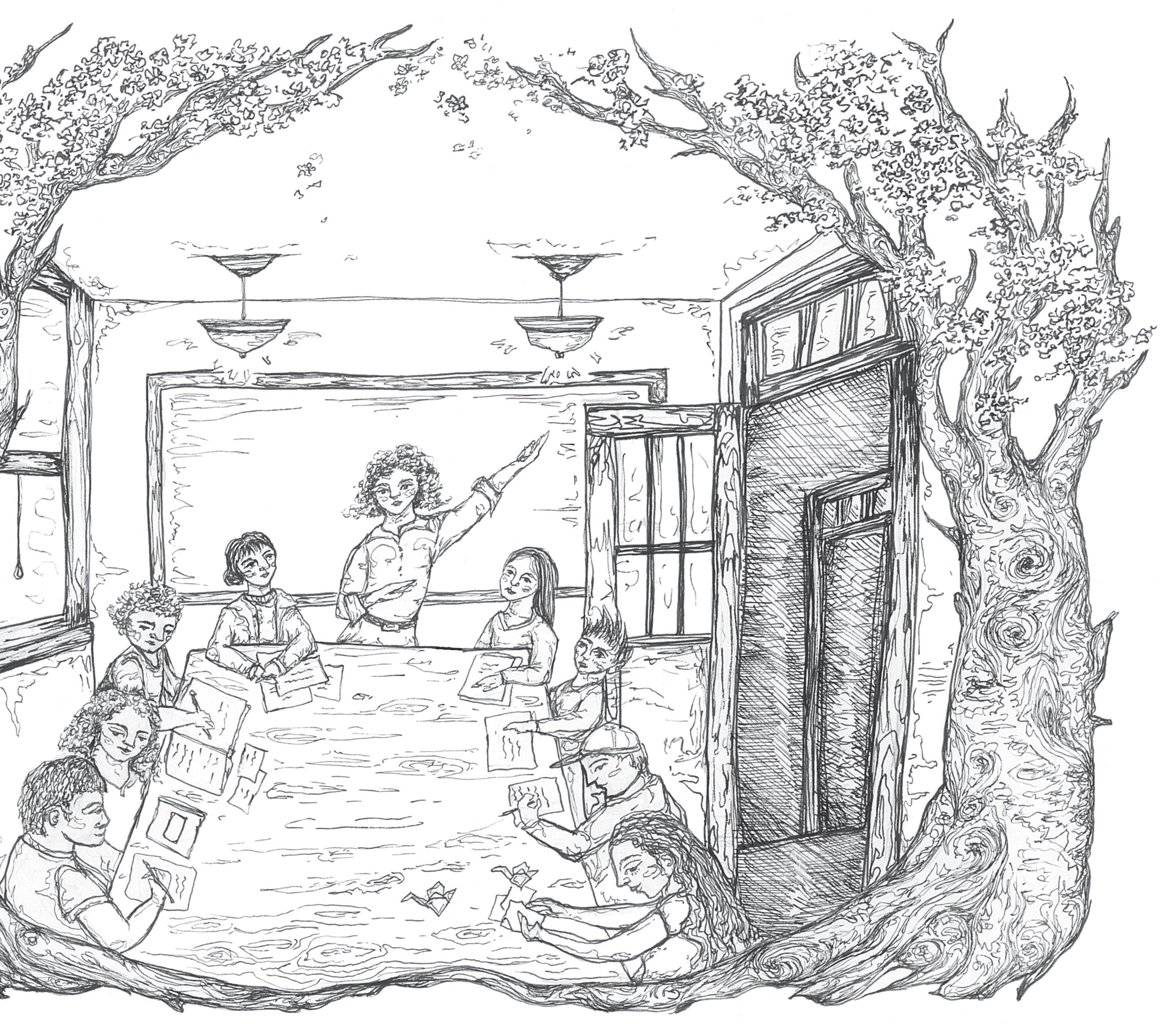

Arthur F. Scott [chemistry 1923–79] inspired many students during his time teaching at Reed. He served as college president for three years and continued to be active in his research after retirement. In 1968, he raised $300,000 to build the Reed Reactor, the only reactor operated primarily by undergraduates. He made an impact on decades of students, including spouses Mary Leber ’50 and Bruce Leber ’48, two chemistry majors who made an estate gift to the Arthur F. Scott Chair. Their gift honors their former mentor and ensures that generations of Reedies benefit from inspiring teaching.
FINANCIAL AID is one of the most important tools we use to build our community of scholars and is essential to our educational model. The conference is a place where students are expected to help drive the discussion, so the inherent diversity of perspectives and lived experiences represented by the students informs the dialog in the classroom.
Planned gifts help admission counselors curious students from all socioeconomic backgrounds and show them that a future at Reed is a possibility. There’s nothing better than being able to meet with a family and reassure them that their student can attend their dream school.
VICE PRESIDENT AND DEAN OF ADMISSION AND FINANCIAL AID
JAMES BERRY ’ 25 | RECIPIENT OF THE ALICE E. MOSS SCHOLARSHIP
Reed is the perfect place for me. It has everything I would want from a curriculum—the right amount of hard work, incredible professors, and events that make it so worth it. Attending Reed has been the most meaningful experience of my life.”
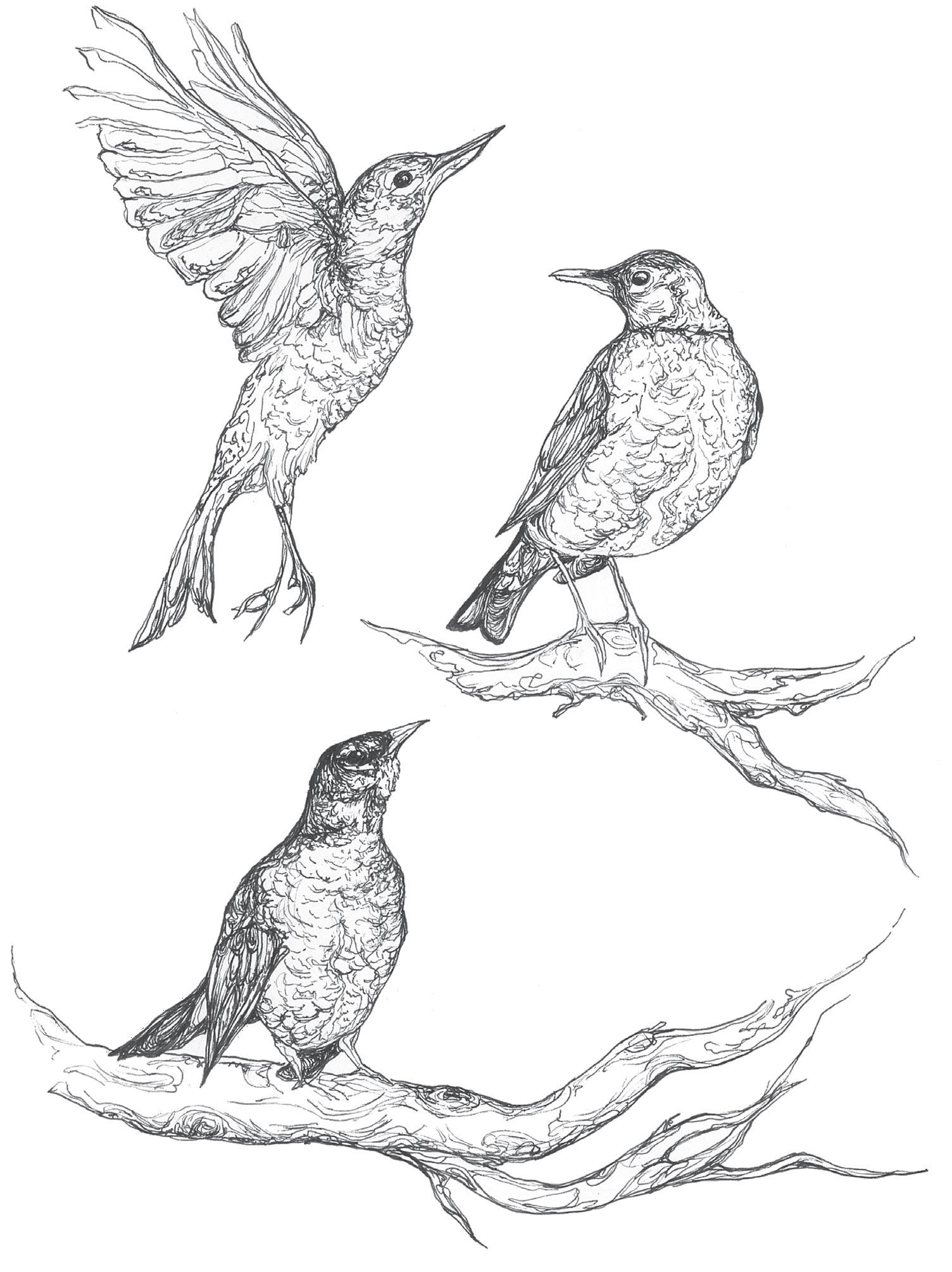


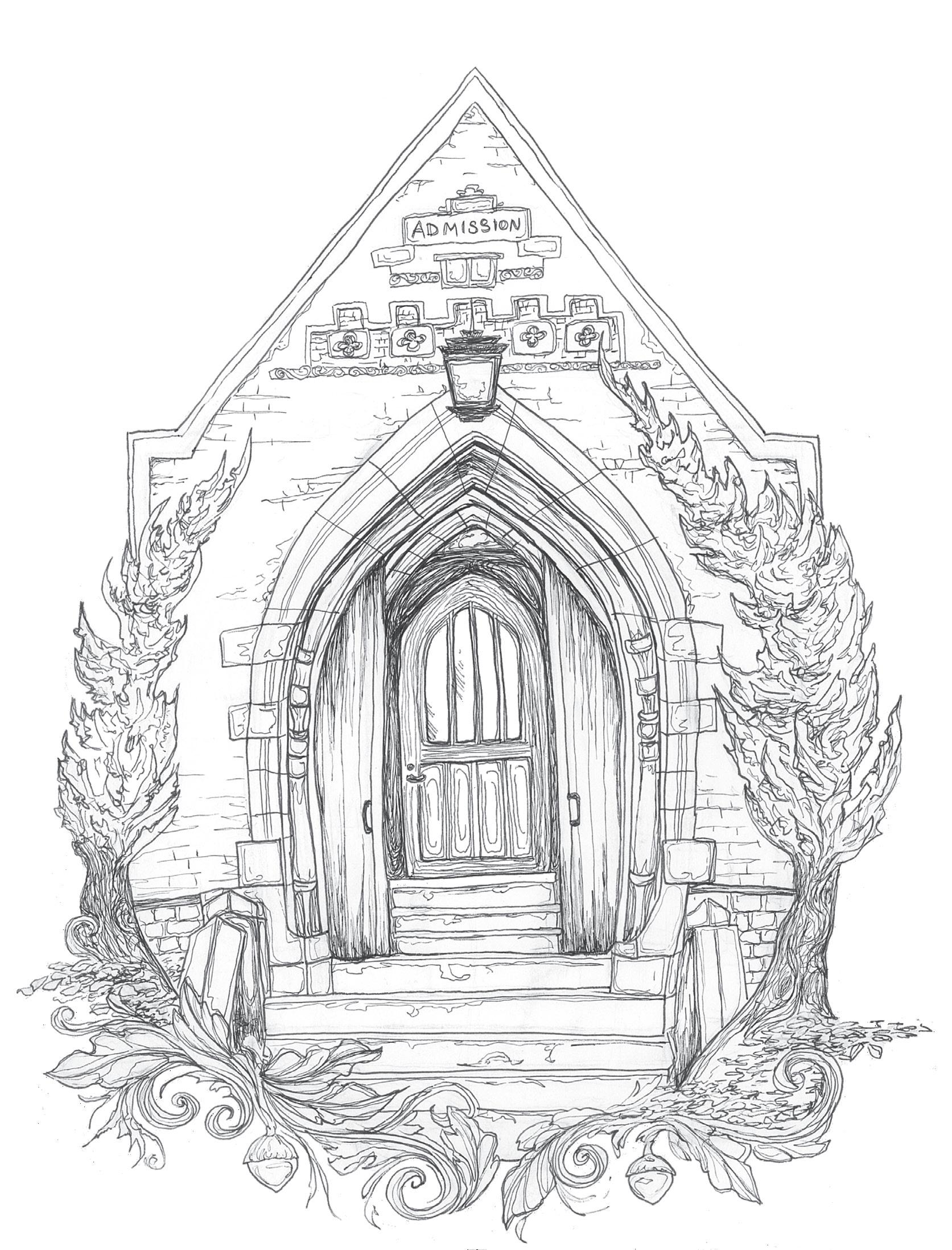

ABOUT
Alice Moss ’52 was part of the beat poetry scene at Reed and hosted Gary Snyder ’51 and Allen Ginsberg in her Reed house on Southeast Lambert Street in 1956. Alice served as a mental health specialist in Clackamas County for over 20 years. Through her will, she created access and opportunity for Reed students from the Pacific Northwest by creating the Moss Scholarship.
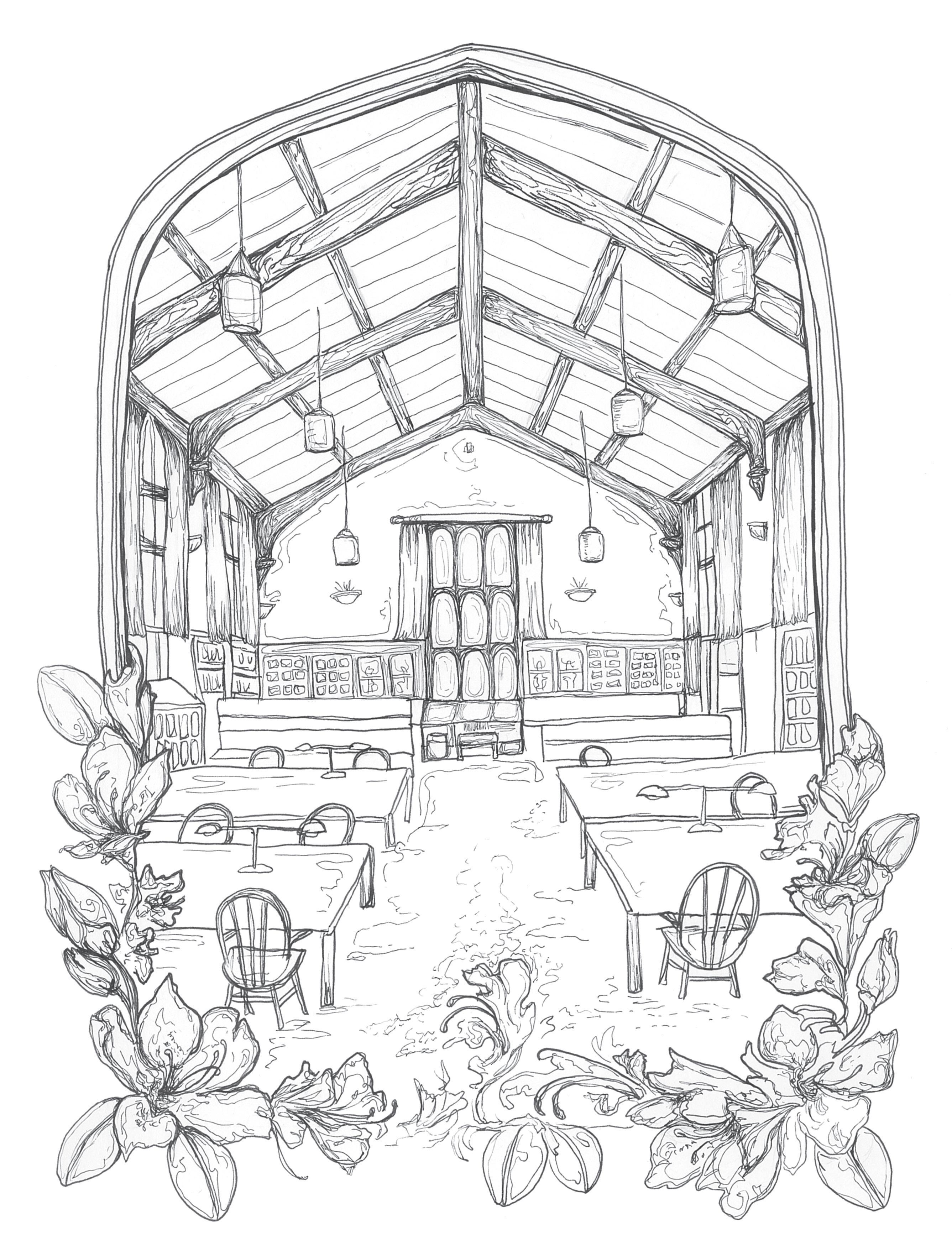
THE LIBRARY is a central part of the intellectual and cultural life on campus. Every year, with the help of our donors, my team acquires new books, research databases, musical scores, journals, digital art images and video streaming subscriptions so that students and faculty have access to the latest scholarship across many disciplines.
In an intentionally small community, one new faculty member can have an enormous impact on departmental interests and areas of curricular focus. Some of the earliest conversations we have with new faculty members center around ensuring that the library’s holdings, including course reserves and ebooks, meet their needs. Student research interests are shown similar care and attention. In addition to regular reference needs, our librarians meet with hundreds of students each year for in-depth consultations on research projects. This kind of tailored approach to faculty and student research support requires robust financial resources.
From endowed book funds to unrestricted bequests, planned gifts enable library staff to achieve their goals of supporting this scholarly community. In fact, bequest gifts recently propelled an ambitious renovation and seismic-upgrade project that made better use of collection space to fuel scholarly inquiry far into the future.
One of my favorite places to study is the Thesis Tower. I enjoy being surrounded by past Reedies’ work. Someday, my work will be up there for future Reedies to see. Hopefully they’ll be inspired too.”
LIBRARIANSHIP
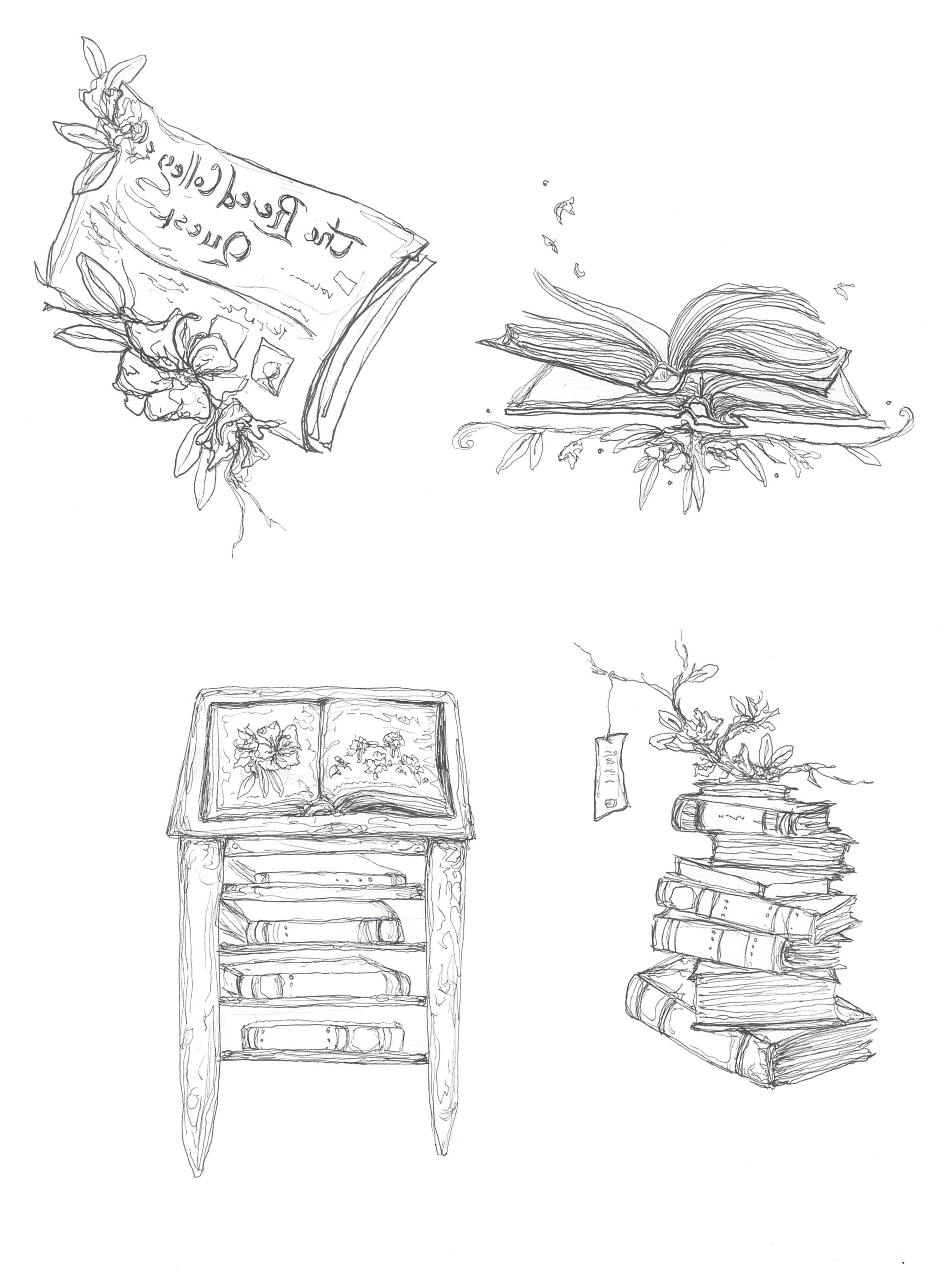

1,261 HAND-CALLIGRAPHED WEATHERGRAMS adorn the pedestrian bridge over the Reed canyon. Members of Reed’s Scriptorium, alumni, students, faculty, and staff came together to hang one weathergram for each member of the Eliot Society. These donors’ generous intentions, so often invisible, infuse every aspect of our academic program and scholarly community.

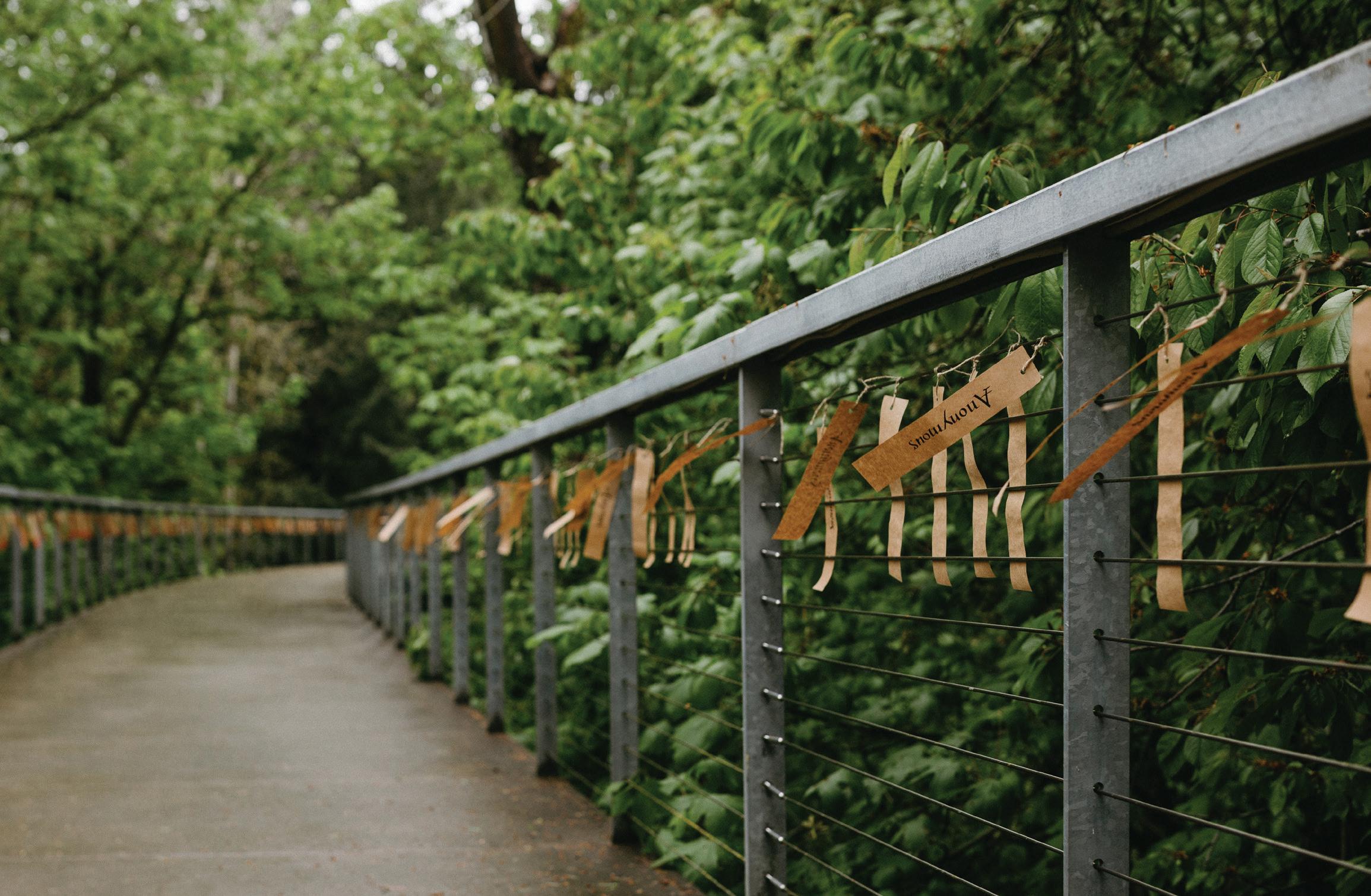
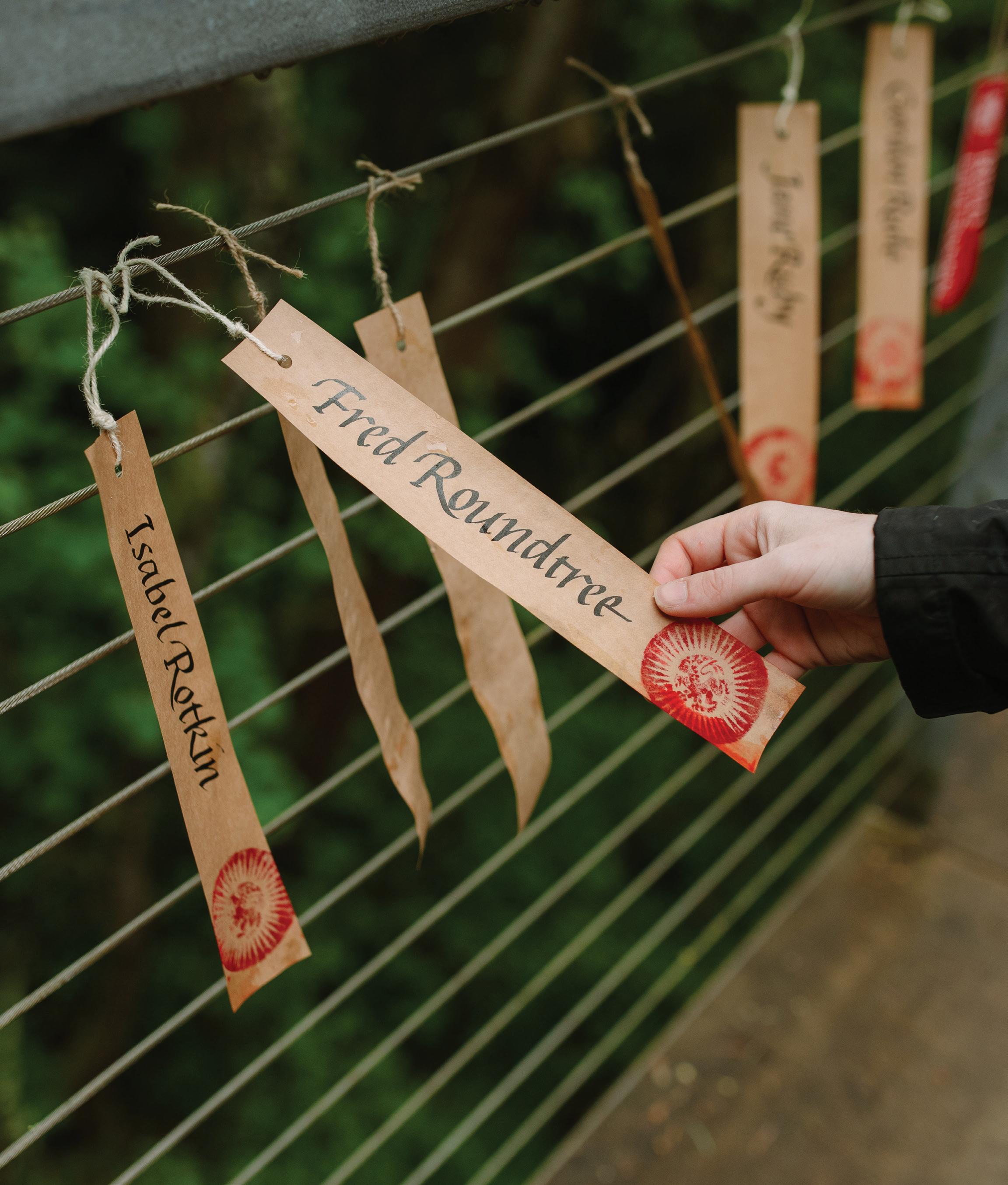
SPECIAL THANKS TO the scribes who hand-calligraphed each of the weathergrams for the Eliot Society project, including Gregory MacNaughton ’89, Carey Booth ’81, Tess Buchannan ’21, Marianne Colgrove ’84, Mark Conahan ’81, Nikki Johnston ’19, Harper Lethin ’24, and Zadie Patterson ’26.